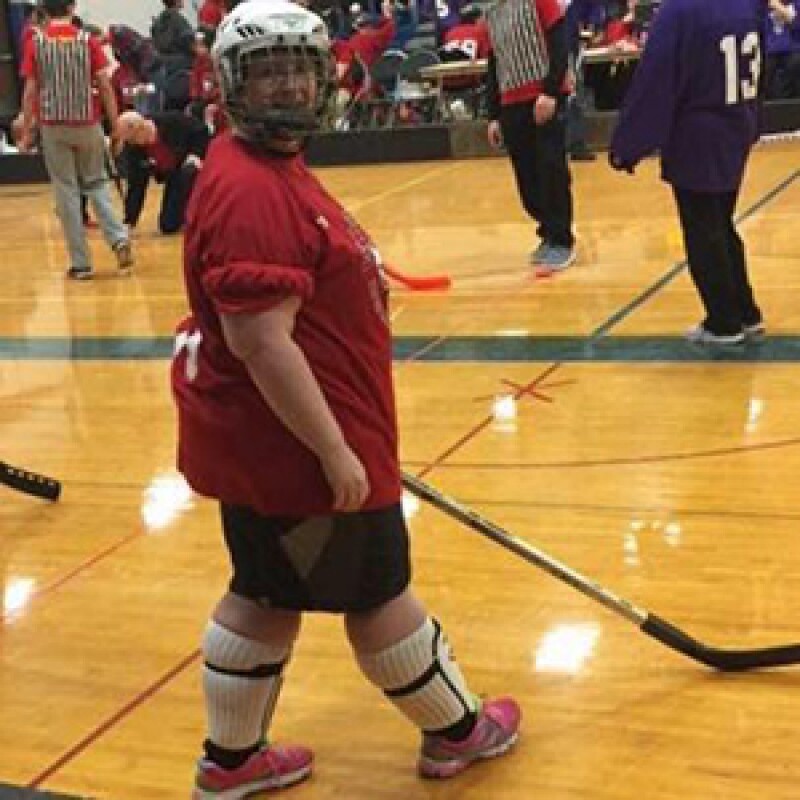Once the COVID-19 pandemic hit, Abby Resnick could no longer participate in competitions, coach floor hockey, and teach drum and tone for people with special needs. She started to look for new activities to do at home.
“I heard about the Special Olympics ‘Strong Minds-fulness’ challenge and wanted to try it. I joined all ten sessions and learned different meditation techniques,” shares Resnick, a Special Olympics athlete from Maryland and three-time Special Olympics World Games 2015 gold winner.

As Resnick knows, it is important to seek opportunities to focus on emotional health now more than ever and practice—or develop—healthy habits. During the time of COVID-19, the number of people reporting mental health concerns is skyrocketing with some sources reporting a threefold increase since pre-pandemic times.

Recognizing the need, Special Olympics hosted ten weeks of free mindfulness sessions for people with intellectual disabilities and their families. Participants could join for one hour each week to learn deep breathing techniques, progressive muscle relaxation, taking mindful movements, and guided meditation. The Strong Minds Activity Guide was provided to all participants and is designed to develop coping skills, and is available for free on the Special Olympics website.
“We know that this is a stressful time for everyone, but it may be especially stressful for people with intellectual and developmental disabilities and their caregivers, who can be particularly vulnerable to stress,” shared Dr. Carly McMorris, Strong Minds Clinical Director.
“Mindfulness is a set of skills that can include meditation, being kind to ourselves and others, and paying attention to how our bodies feel. We know from past research that when people practice mindfulness regularly, it can help them to feel calm, significantly reduce stress and improve mental health.”

“I learned relaxation techniques and now always try these when I find myself overwhelmed. I would recommend these strategies to others, too. A strong mind is an important part to a happy body,” shares Kayte Barton, a Special Olympics athlete from Minnesota.
Barton was a part of the Special Olympics committee to help develop emotional health programming for Special Olympics athletes across the world in its flagship Special Olympics Healthy Athletes® program. Strong Minds, an emotional health focus, was launched as a Healthy Athletes discipline in 2017. To date, Special Olympics has provided over 2 million free health screenings and trained more than 280,000 health professionals and students to treat people with intellectual disabilities.

Guides by mental health professionals such as social workers, psychologists and psychiatrists, Strong Minds encourages athletes to practice active coping strategies, such as deep breathing, positive thinking, and yoga or stretching, to help deal with stress in competition and everyday life.
To access emotional wellness and mindfulness resources that Special Olympics developed to support athletes during the COVID-19 pandemic and to promote the health, safety, well-being of the Special Olympics community, visit here.
Special Olympics Health is supported by cooperative agreement #NU27DD001156 from the U.S. Centers for Disease Control and Prevention (CDC). The contents of this page are the responsibility of Special Olympics and do not necessarily represent the views of CDC.









